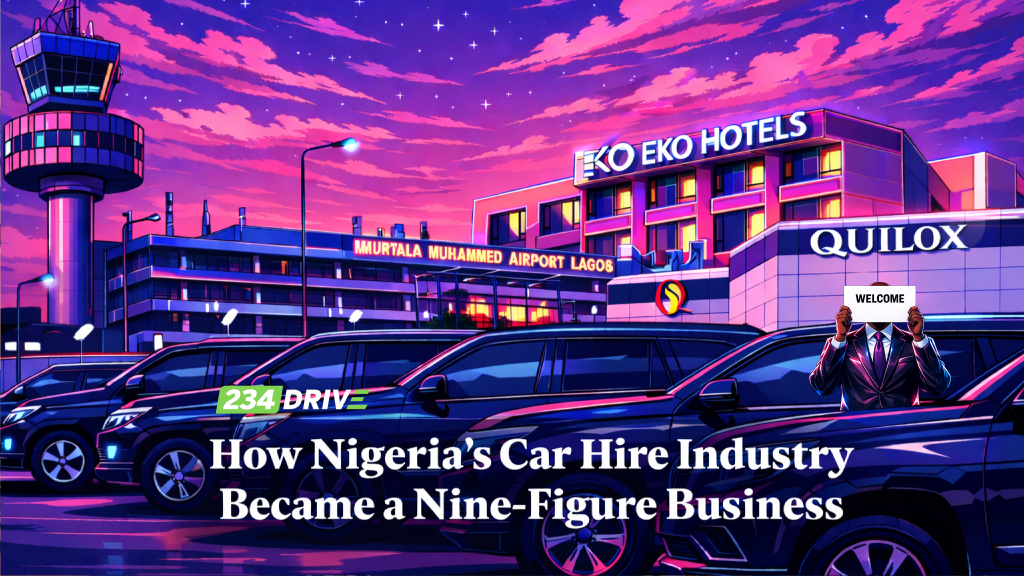London’s iconic black cabs are fighting to stay afloat as the number of private hire drivers licensed in the capital has ballooned past 106,000, creating what the London Assembly Transport Committee calls “extreme competition for fares”.
Committee chair Elly Baker has urged both Transport for London (TfL) and the Government to introduce a cap on private hire drivers, arguing that the oversupply is pushing the iconic taxi drivers into longer hours and heightening safety risks.

Moreover, the number of licensed taxis has dropped from 22,810 in 2014 to 14,800 in 2024, while rising vehicle costs, now at least £70,000 for an entry-level cab, have made it harder for newcomers to join the trade.
Baker’s letter to the Transport Secretary criticised the Government for failing to act on the issue of out-of-town private hire drivers who work mainly in London, saying this “adds to congestion and pushes down driver pay.” In addition, the Committee wants financial relief for black cab drivers, including an extension of the £7,500 plug-in grant for low-emission taxis and a VAT exemption to make vehicles more affordable.
This isn’t the first clash between the black cab trade and app-based rivals. Since Uber’s 2012 London debut, tensions have flared repeatedly—including licence suspensions in 2017 and 2019 over safety and insurance issues. Although Uber later regained its licence, its rapid expansion and flexible pricing have eroded the market share of traditional hackney carriages.

In late 2023, Uber attempted to repair its strained relationship with the black cab community by announcing a plan to integrate London’s hackney carriages into its app. It offered drivers a six-month commission-free period, mirroring similar partnerships in cities such as New York and Paris. Yet most drivers rejected the offer. The Licensed Taxi Drivers Association (LTDA) said there was “no demand” among members and accused Uber of trying to benefit from the very system it had disrupted.
Veteran drivers like Trevor Merralls of the United Cabbies Group say technology has blurred the line between pre-booked private hire and traditional street hailing, eroding long-standing rights and pricing transparency. They argue that without regulatory limits, private hire saturation will continue to weaken one of London’s most recognisable trades.
Still, this erosion is not unique to London. In Nigeria, the once-vibrant yellow taxi industry has also faded under the rise of e-hailing platforms, showing how quickly traditional taxi services can be sidelined when regulators lag behind technological change.The combination of tradition and technology will decide what comes next—and whether both sides can work together so that culture and innovation move side by side, instead of one wiping out the other.









